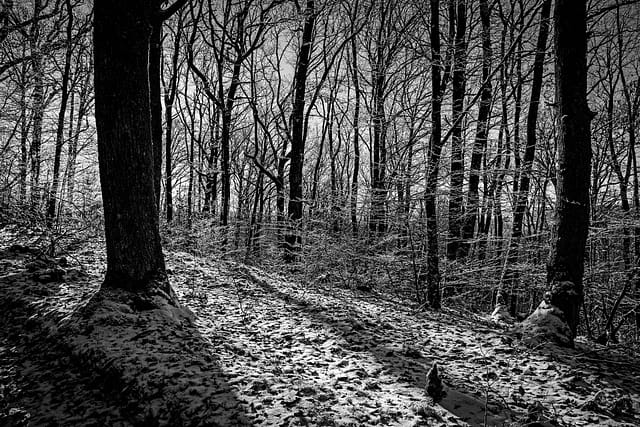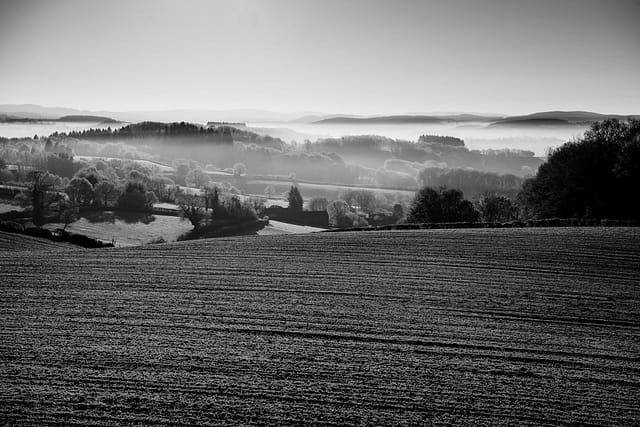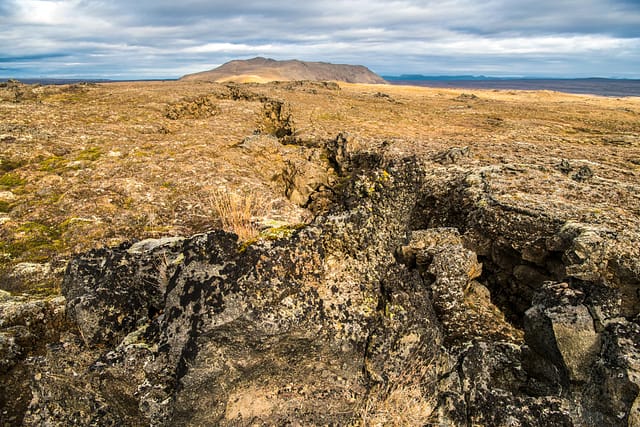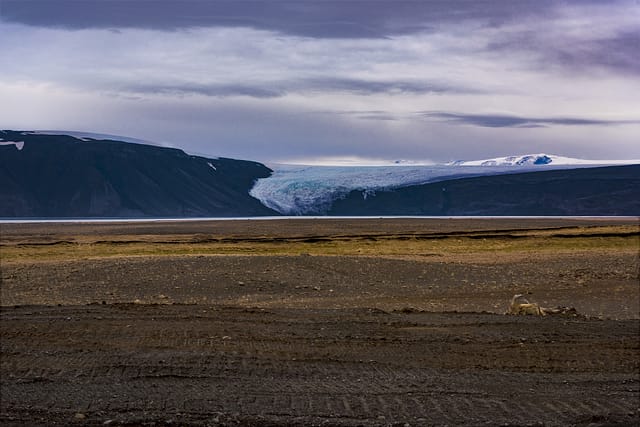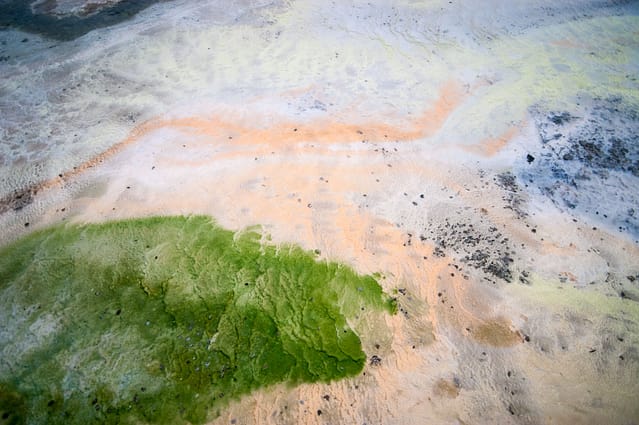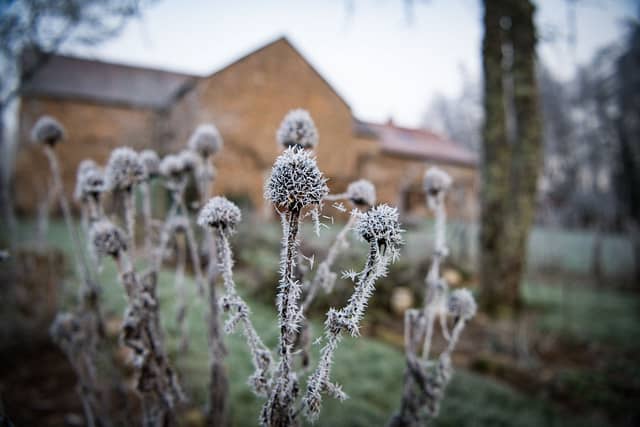Domont
The Morvan, from the Celtic: Mar = black and Vand = mountains, is a mountainous region in France. It is located in Burgundy, divided into all four departments (Yonne, Nièvre, Côte-d’Or and Saône-et-Loire). It is the mountain area that is closest to Paris. Domont is on the other side of the hill where Vannes is situated.
Myvatn, Iceland
In the area around Myvatn there are large, geological cracks in the earth that have formed between the Eurasian and North American tectonic plates.
Glaciers
Nearly 11% of Iceland is covered with glaciers: thick packs of snow are compressed into ice by weight and slowly but surely slide off the mountainside. Icelandic glaciers flow fairly quickly, namely more than 1 meter per day. The large amounts of debris and sharps that have been carried along are best visible on the end (terminal moraine) and on the sides (lateral moraine).
Geyser bacteria
Geyser bacteria are archaebacteria that are adapted to very extreme conditions, especially high acidity and high temperatures. Some species, for example, grow in concentrated sulfuric acid, while other species at 55° C. Geyser bacteria use sulfur as an energy source and carbon dioxide or organic compound as a carbon source. They are known from among others, geysers in Iceland, hot springs in the Yellowstone National Park in the United States (Wyoming) and hot deep-sea springs.
Frozen thistles?
The red sun hat Echinacea purpurea comes from the east of North America. He was brought to Europe in 1692. In the meantime he is also with us in our French garden .. Not because of the medicinal effect but the appearance. The Echinacea purpurea gets very ‘floral’ flowers in the summer. They stand out because of their size and colors. The combination of an orange brown heart with a special glow surrounded by contrasting pink petals. Even when the flower has blossomed and the pink leaves are hanging down discolored, this ‘parachute’ still has ornamental value. In fact, in the winter the frost drops down and forms a great spectacle that reminds us of thistles.
[mapsmarker marker=”1″]
